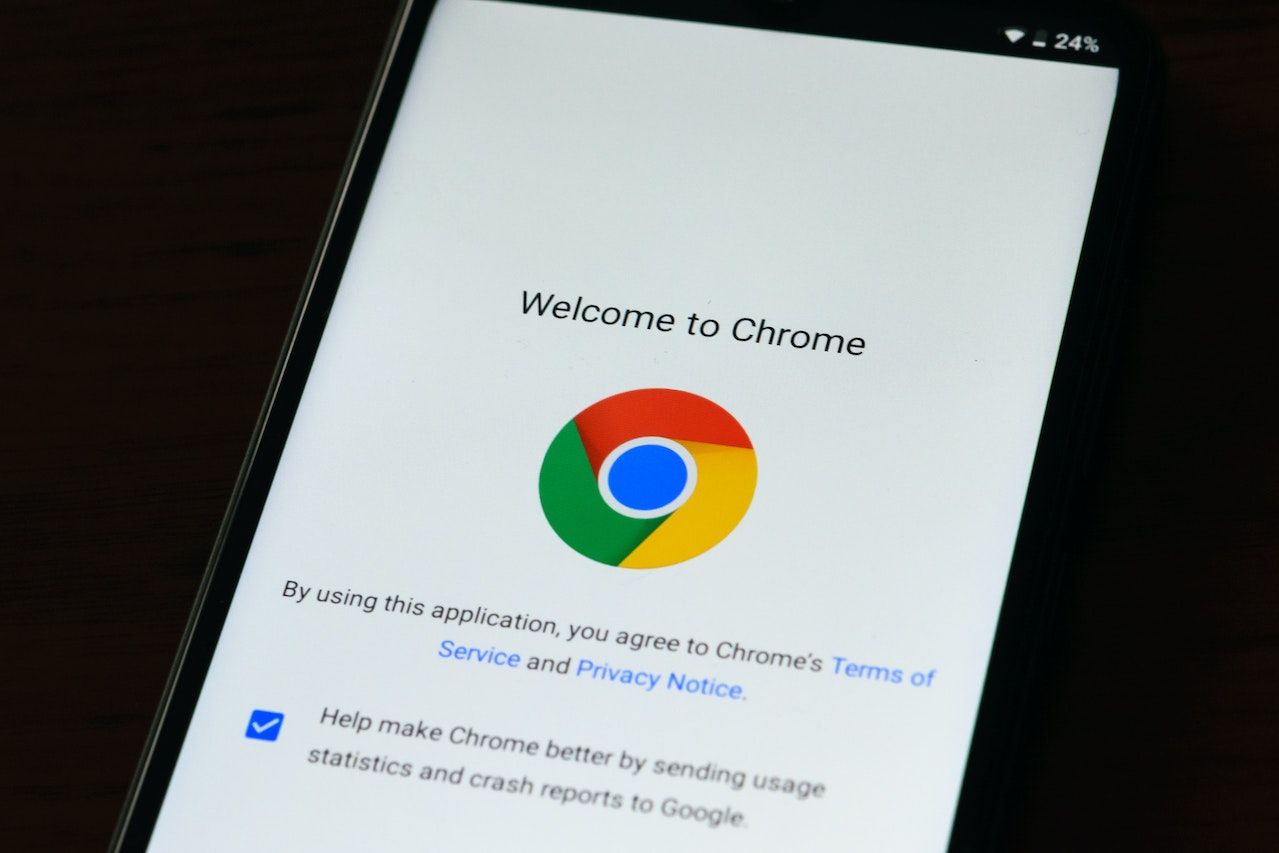Have you noticed something off about your browser recently? Perhaps the default homepage used to be Google; but now, when you click the home button, it loads an unfamiliar page, a blank white screen, or an error page. Worse still, you’re now getting more pop-up ads than usual, and the browsing experience is infuriating.
If the annoyances you’ve been dealing with mostly show up in-browser, you could be dealing with a browser modifier.
What Are Browser Modifiers Exactly?
Browser modifiers are a less-known but irritating class of malware that mess with your route to the internet. They are designed to change browser settings, specifically those for disabling pop-up ads, default search engines, homepage, and file download defaults. Browser modifiers may also install add-ons without your explicit consent and open a backdoor for more advanced malware to infect your device.
Attackers who release this type of malware rely on social engineering tactics to trick potential victims into installing them. Often, browsers become infected when users are trying to close pop-up ads. You know those ads that have a small "x" button, but when you click them, they take you to a sports betting page or do something else entirely? Shady websites use this tactic to commit click fraud. Infections can also happen when you click fake download buttons on file-sharing websites.
What Do Browser Modifiers Do?
The effects of a browser modifier on your device can be so loud that you notice something is amiss almost immediately; or they can be subtle enough that you don’t notice anything until much later. In any case, if your phone or computer browser is infected with this malware, there are certain red flags you might spot.
Installing Add-ons Without Permission
Your browser is like getting a naked cake from the bakery: no dressing or decorations, ready for you to customize to your taste or eat as is. Add-ons, also called browser extensions, are tools you install onto browsers to improve your experience and perform specific tasks. You can install an extension to automatically apply coupon codes when you shop online, proofread your texts, summarize YouTube videos, or manage tabs.
Generally, you install extensions yourself, based on your needs. But browser modifiers covertly install malicious extensions that can log your keystrokes, collect the information you enter when you visit certain sites, or harvest your data for marketing purposes. If you spot any add-ons that you didn't install, this is a sure sign something malicious is happening behind the scenes.
Changing Your Default Search Engine
If your device has been infected with a browser modifier, you may notice that your default search engine has changed, and search results now come from an unfamiliar site. The results may even be decent enough, but that does not mean all is well. The changes made to your search provider can funnel you to malicious websites where hackers wait to steal your data, identity, or money.
Default search engines on most browsers are usually affiliated with big tech companies. Google Search is the default search engine on Chrome and Safari, Bing fills this spot on Microsoft Edge, and Brave built Brave Search for its users.
But, of course, you can switch to other options like DuckDuckGo, Wikipedia, Amazon, and even Stack Overflow, based on your preference. Those are the major ones, but there are thousands of lesser-known search engines built by companies and hobbyist developers. Small search engines are unknown because searchers don’t get the same robust experience they get with well-known alternatives.
Search engines are important in the digital economy. They can drive traffic to a site, reward business owners that spend on ads, and the search provider profits from ad revenue. Like legitimate companies, shadowy technocrats also want a piece of that cake; only, they are ready to use any means necessary, including resorting to malware like browser modifiers.
Disabling Your Pop-up Ads Blocker
One minute, you’re consuming wholesome content online, and, out of nowhere, you see an ad that blocks your entire screen, telling you to install an app. Or a sticky ad banner follows you around the internet.
Indeed, pop-up ads and sticky banners are normal when you visit certain sites. Most browsers have settings you can adjust to turn these off or at least reduce their frequency. However, if you see incessant pop-ups and sticky ads, you could have a browser modifier problem. You may also notice that the malware would change your ad settings shortly after you save changes.
Installing Potentially Unwanted Programs
A browser modifier can download and install potentially unwanted programs on your device. These programs are not necessarily malicious at first, but that can change. In the meantime, they hog memory and collect your usage statistics that their creators can use for targeted advertising or sell to data brokers. Worse still, because these programs don’t get regular updates from their developers, they could introduce vulnerabilities that other attackers can exploit.
Opening the Backdoor for Worse Malware
Because browser modifiers can covertly download files on victims’ computers, hackers often use them to ferry advanced malware like viruses, worms, and Trojans. The modifier itself doesn't have to contain the payload; it just needs to be the backdoor an attacker can exploit.
What to Do if Your Device Is Infected With a Browser Modifier
Browser modifiers are a nuisance. However, unlike advanced malware types, these are relatively easier to handle. Most cases of browser modifier infection can be handled by resetting your browser to default settings or using anti-malware to find and remove the pesky program.
Reset Your Browser
We like to tinker with browser settings once we install them: change the appearance from light to dark mode, change the font style, enable tracking protection, and add extensions.
Resetting your browser will turn it back to the way it was when you newly installed it. This measure should work just fine if you’re dealing with a simple browser modifier. However, advanced browser modifiers may require you to uninstall the browser entirely, clear the AppData and Program Files folders on your drive, and then reinstall the browser.
Do a Malware Scan
You should consider scanning your files for malware in addition to cleaning shop. Doing this is especially important because the browser modifier could have downloaded additional malware or installed potentially unwanted programs on your device.
You can scan for malware with Microsoft Defender on your Windows PC. It’s free and native to Windows. Nevertheless, there are other options that work just as fine, like Malwarebytes and Norton.
Install Security Updates
Updating your browser to the latest available version ensures it doesn’t get infected with a browser modifier in the first place. Furthermore, installing security updates for your operating system and apps closes vulnerabilities that malware can exploit.
However, that doesn’t mean you’re in the clear. Malware can lie dormant for a long time until an opportune moment. So, set your apps and device to download and install updates automatically. Delete redundant or unfamiliar files too. Also, set your anti-malware to scan your drive for threats routinely.
Should You Be Worried About Browser Modifiers?
Not hugely. Browser modifiers are not as potent a threat as viruses, Trojans, and worms. What’s more, the odds that you will face this threat are low, provided your browser and system are up-to-date.
That said, it is common to overlook browser modifiers as minor inconveniences. You shouldn’t, given their potential to cause considerable damage. Enabling automatic updates takes this off your plate and lets you focus on preventing worse threats.





